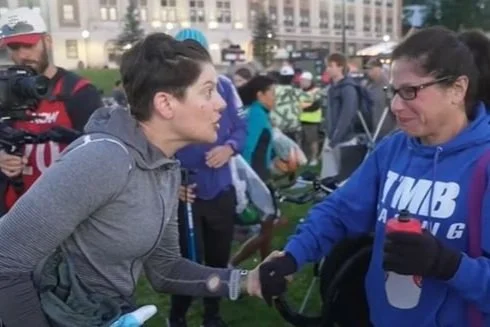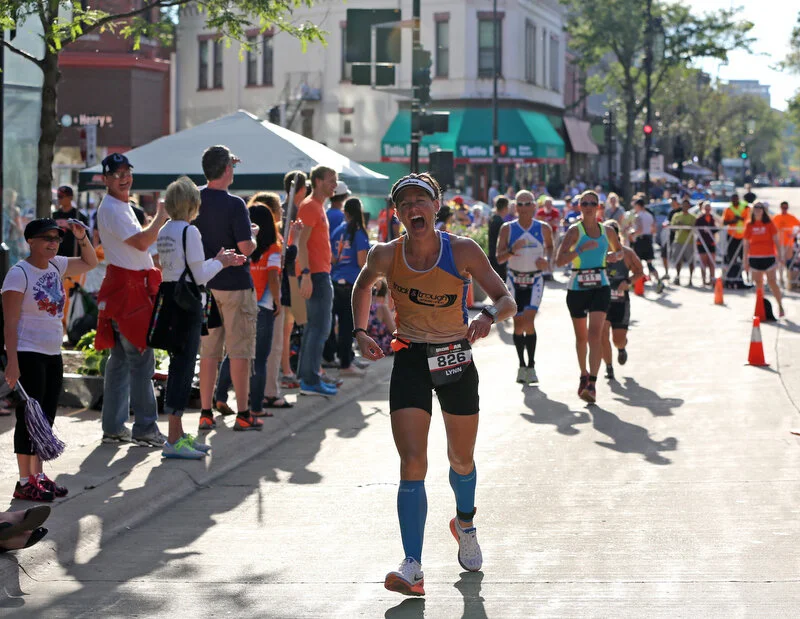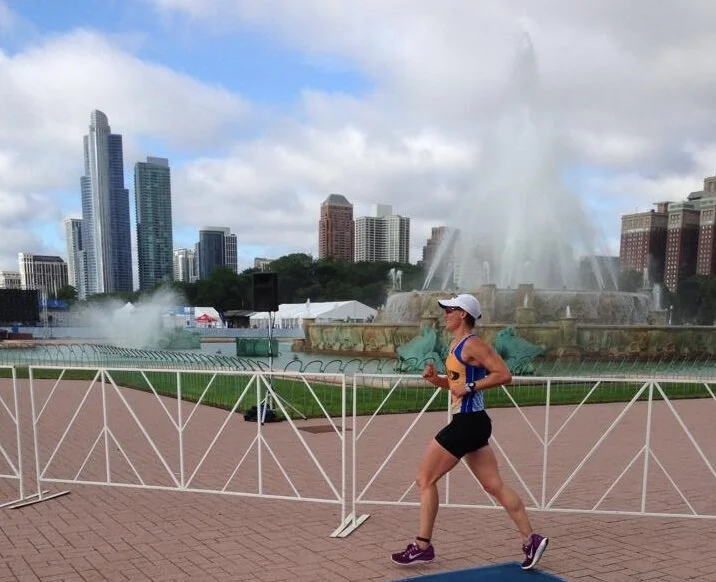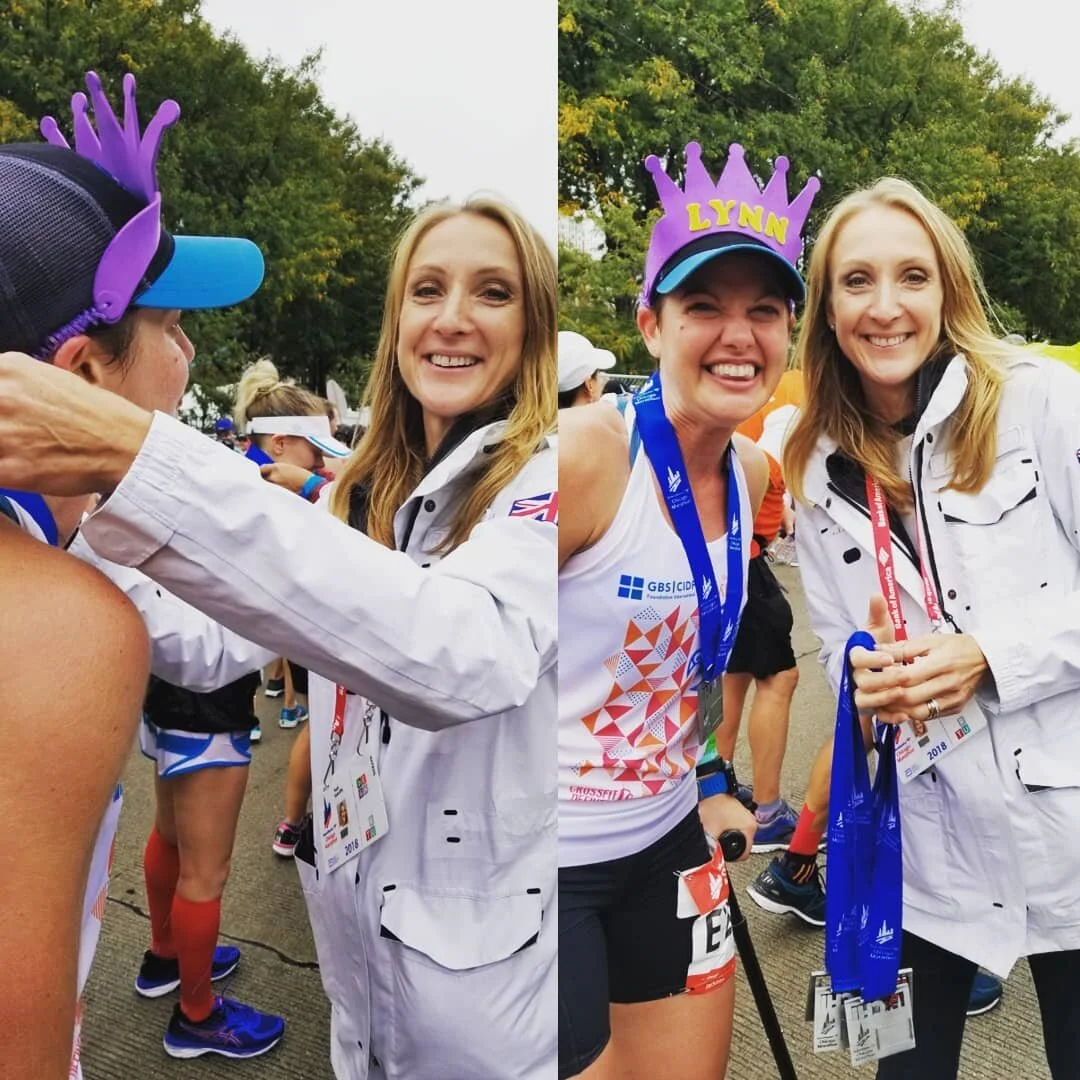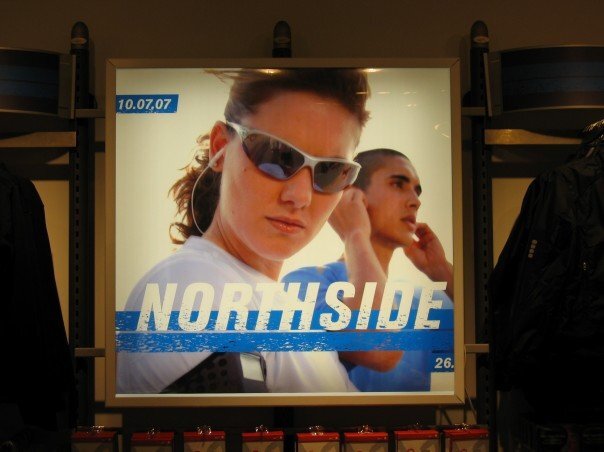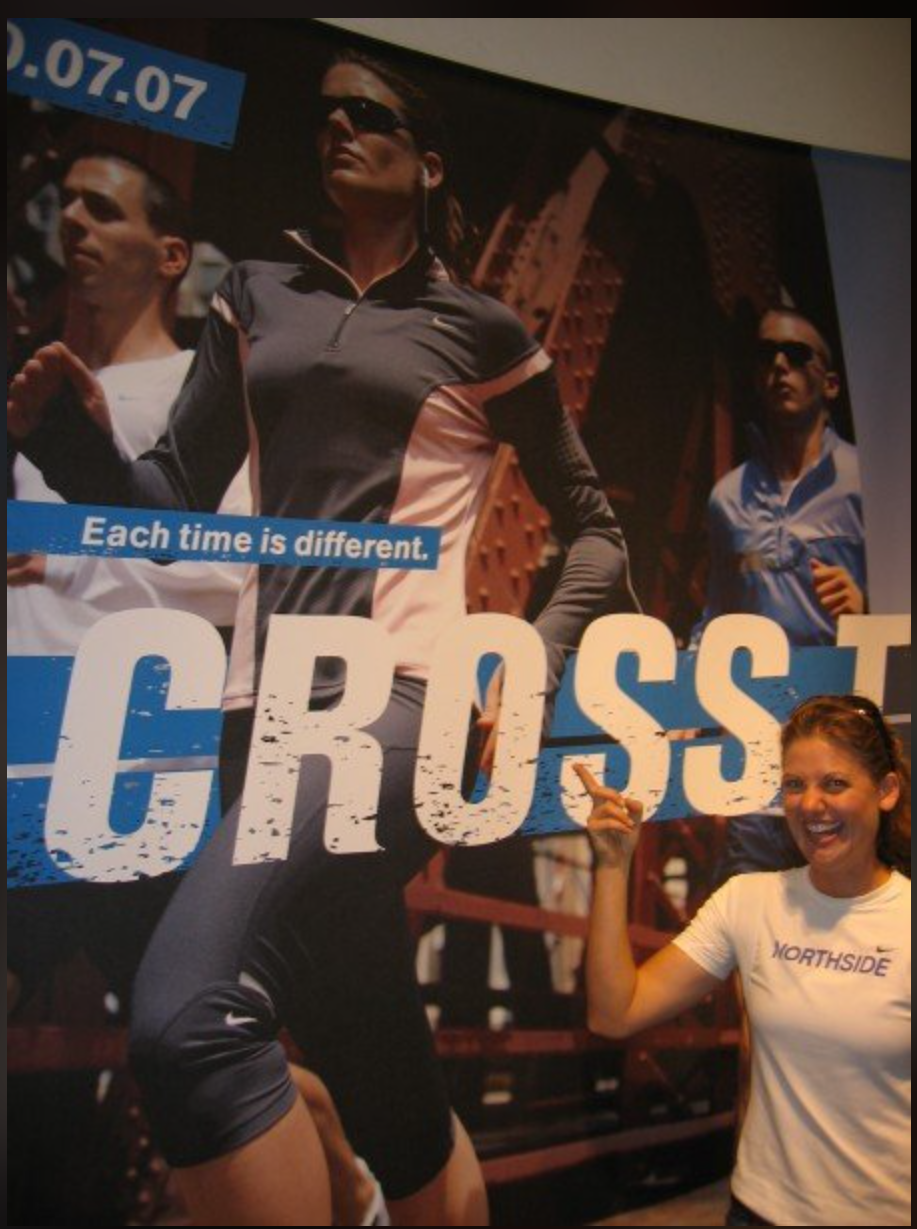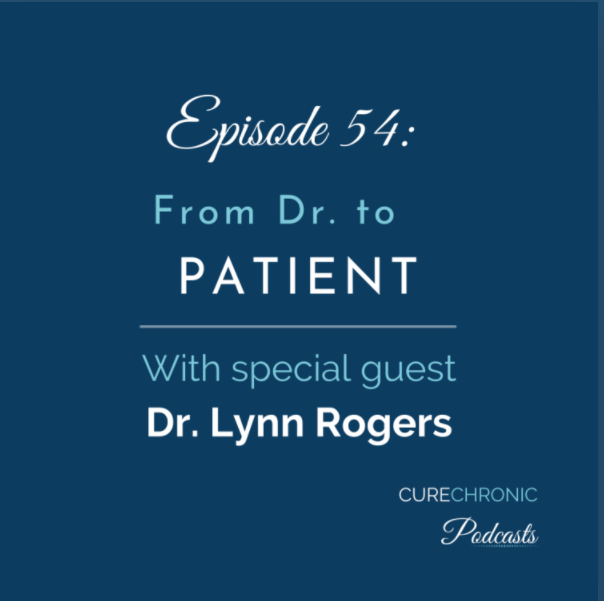Video
Meet Lynn Rogers, a research scientist who is running the 2018 Bank of America Chicago Marathon. Lynn’s story is one of resilience. In 2017, Lynn found herself unable to walk as an extremely rare autoimmune disease left her paralyzed from the chest down. Lynn has managed to remain positive, never letting the thought of stopping come to mind. She’s used this mantra to make it through the ups and downs of recovery, “I’ll fall down but I always get back up.” After months of physical therapy, she’s ready to run her 10th Bank of America Chicago Marathon. This year, she’ll be running for everyone who hasn’t gotten to the place where they can run.
Lynn Rogers was a researcher studying how the brain controls movement. Suddenly, she couldn't control her own movement when she was struck with a rare disease. This piece was produced by the AbilityLab to highlight rehabilitation and hope.
Articles
A Rare, Paralyzing Neurological Disease Won’t Stop This Brain Scientist From Running Chicago
Lynn Rogers, a 16-time marathoner, wants others with her condition to know they have a chance at recovery, too. By Cindy Kuzma Read the full article for Runner’s World
Despite a debilitating disease, Ironwoman Lynn Rogers goes for her 11th Chicago Marathon
Before she began feeling symptoms of Chronic Inflammatory Demyelinating Polyneuropathy (CIDP), Lynn Rogers had run 10 Chicago Marathons and completed an Ironman in Madison, Wisconsin. By Anna Katherine Clemmons.
From an Autoimmune Disorder Diagnosis to a Chicago Marathon Finish
A rare movement disorder wasn’t going to stop Lynn Rogers from completing her 11th Chicago Marathon. By. Delaney Mowers. Read the full article for Women’s Running
Podcasts
In this conversation with The Activeist Podcast, by Flex&Flow, Lynn discusses coming down with CIDP, recovery, triumph, defeat, shared with remarkable clarity and grit.
In this two-part conversation with Maureen Ryan of the Becoming Aligned podcast, Lynn talks about the process of recovery, and how we learn the lessons that carry us through all the difficult moments in our lives. Whether it’s an athletic injury, lesson learned at a young age, or a debilitating illness, we all have been through moments that give us the strength and experience to move forward as a better person.
In honor of boobs everywhere, The Activeist Podcast brings you stories for breast cancer awareness. This was a very fun question, and I am honored to be included in the conversation "Sports Bra Stories." Check it out and hear from a range of athletes about the oldest sports bra in our drawer! Mine - 100% true - involves my 15min of modeling fame
Niketown Chicago, Women’s Running Department Advertising before the 2007 Chicago Marathon
Niketown Chicago Entrance Wall before the 2007 Chicago Marathon
The HSCT Warriors is a fantastic resource for learning about the chemo/HSCT treatment for autoimmune disease, and to hear stories from, and connect with people who have gone through it. Because CIDP is much less common than MS, I am very grateful for the opportunity to share my story and what brought me to this decision. Jen Stansbury Koenig and I had a fantastic conversation, and I look forward to chatting with her again on the other side of this procedure
A quick chat with the CureChronic podcast about the difficulties we face in managing difficult-to-diagnose and difficult-to-treat diseases within the clinical framework. It can be frustrating to feel that there are no answers. We talked about my perspective as a scientist living in the research gap, desperately wanting more answers when I knew they don’t yet exist. We also talked about the importance of becoming an expert in your disease, no matter how frustrating that is, and to be a vocal advocate for your own care.
